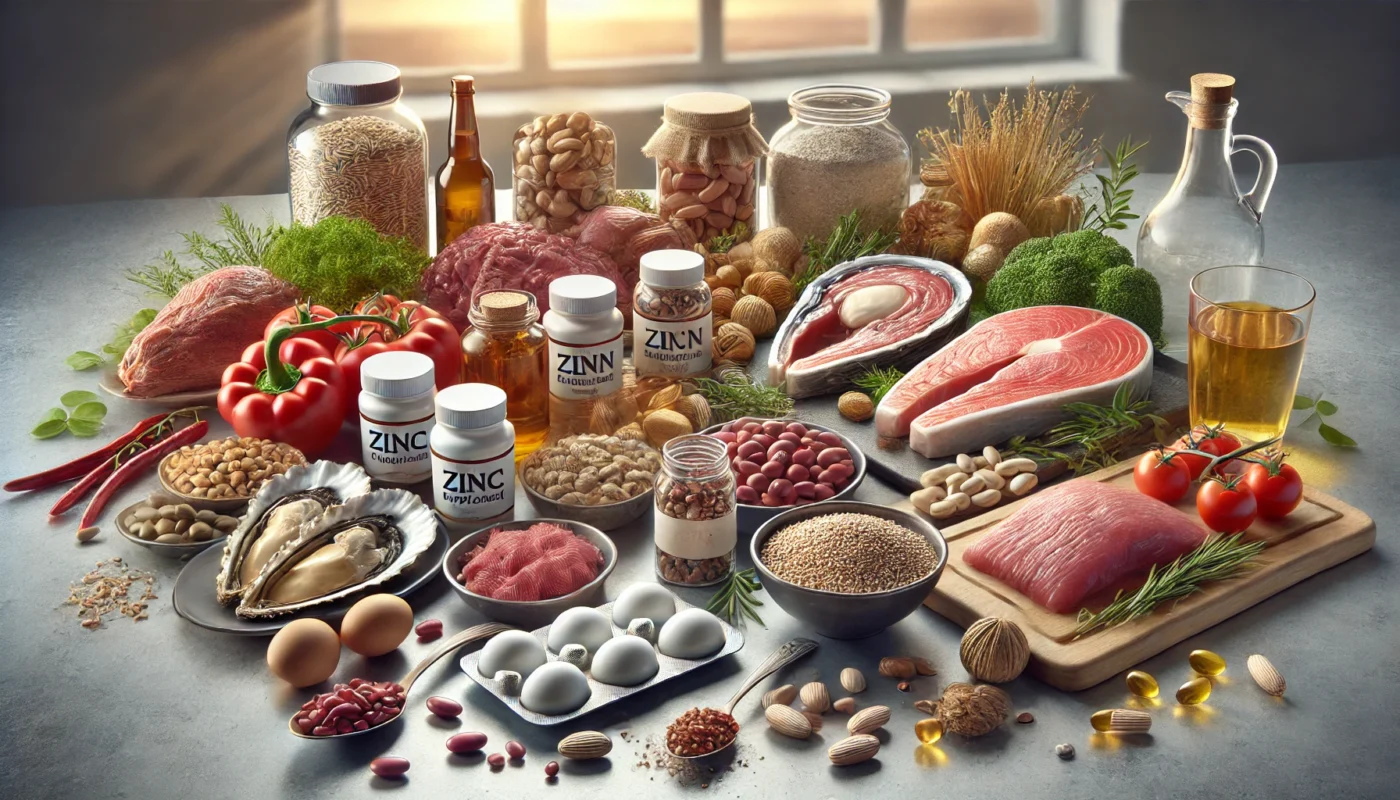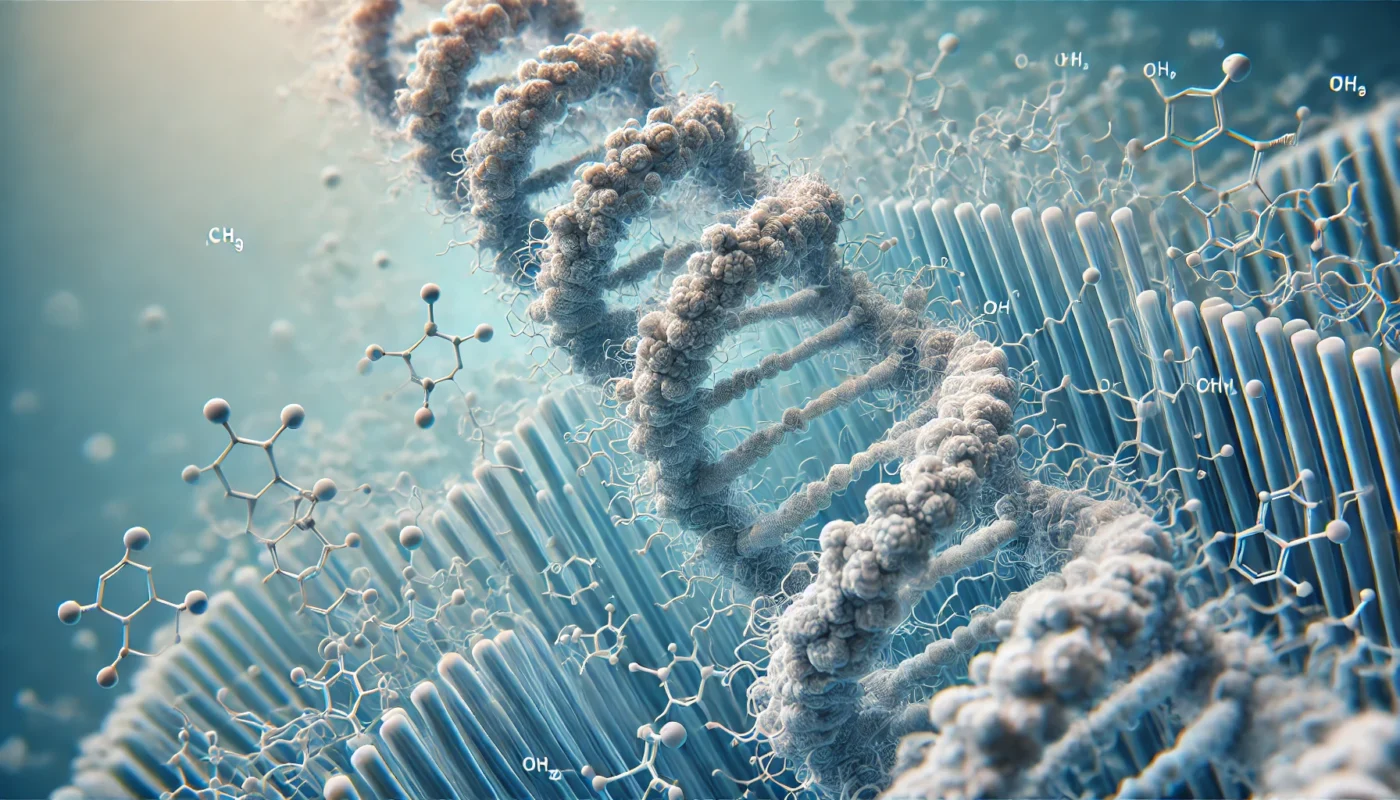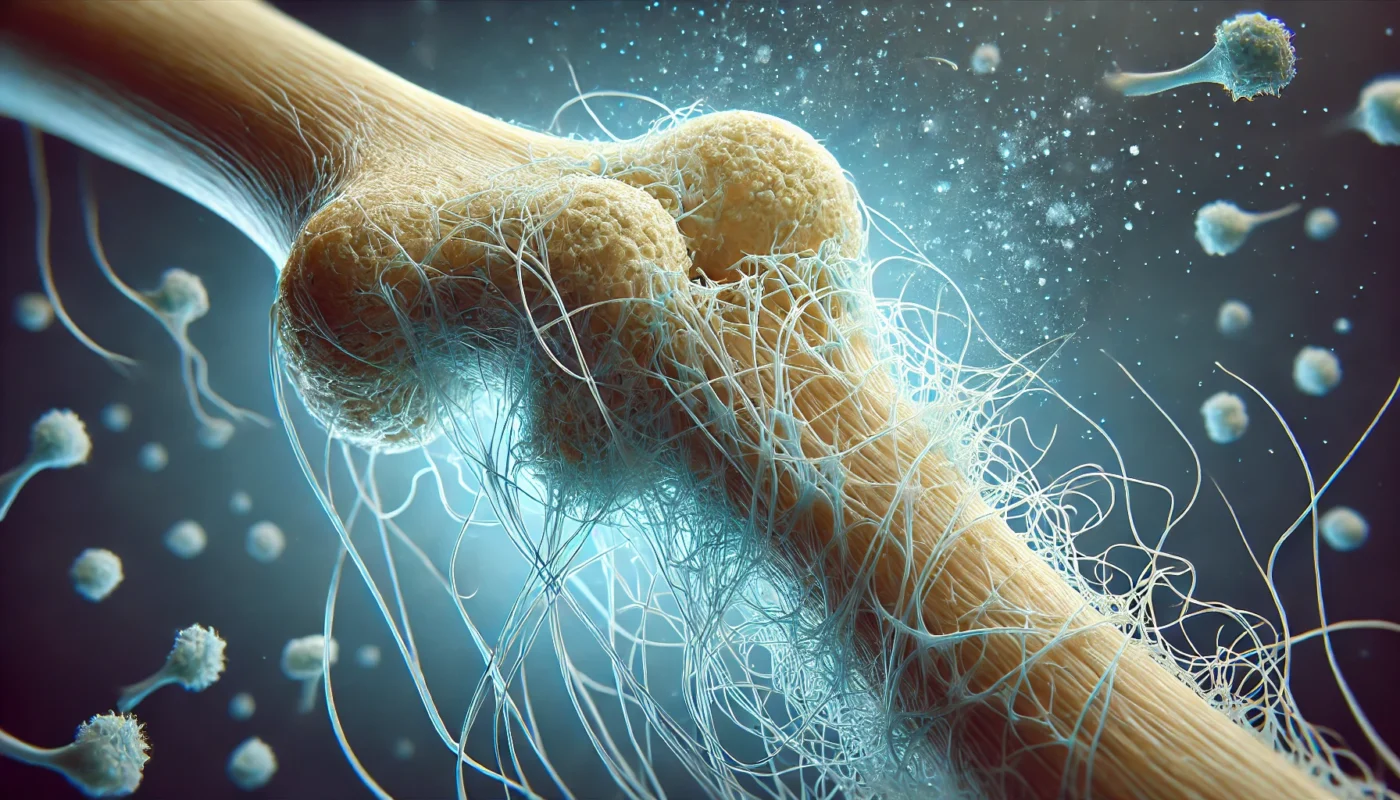Zinc is an essential trace element that contributes significantly to cellular metabolism, protein synthesis, and immune function—all critical factors in wound healing. When the skin is injured, zinc is mobilized to the wound site, where it helps regulate inflammation, promote cell proliferation, and support the re-epithelialization process. In layman’s terms, zinc aids the skin in repairing itself efficiently.
Tag Archives: supplementation
Recovery is an integral part of any fitness regimen, yet it’s often overshadowed by the excitement of workouts and exercise routines. However, understanding and optimizing recovery is key to achieving your fitness goals. One of the foundational elements of effective muscle recovery is nutrition, particularly the incorporation of essential vitamins that facilitate muscle repair, growth, and overall recovery.
In this comprehensive guide, we will delve into the best vitamins for sore muscles, those that enhance strength, and those that are pivotal for muscle repair and growth. We’ll explore how these nutrients can be leveraged to maximize your post-workout recovery.
Collagen is a buzzword in the health and wellness industry. It’s touted for its potential benefits, from promoting skin elasticity to supporting joint health. But what exactly is collagen made of?
At its core, collagen is a protein. It’s the most abundant protein in the human body, in fact. It forms a vital part of our connective tissues, lending structure and strength to our skin, muscles, tendons, and ligaments.
The building blocks of collagen are amino acids. These are primarily glycine, proline, hydroxyproline, and arginine. The synthesis of collagen in our bodies requires certain nutrients, including vitamin C, zinc, and copper.
As we age, our body’s natural production of collagen declines. This can lead to visible signs of aging, such as wrinkles and sagging skin. Environmental factors, like UV exposure and smoking, can also degrade collagen.
This has led many to turn to collagen supplements. These are typically derived from animal sources and broken down into smaller peptides for better absorption. But do they work? And how can you incorporate collagen into your lifestyle in a practical way?
When it comes to healing fractures, collagen plays a pivotal role. It’s the most abundant protein in our bodies, providing structural integrity to our bones.
During the healing process, our bodies form a collagen-rich callus around the broken bone. This callus initiates the repair, acting as a scaffold for new bone formation.
But not all collagen is created equal. There are different types, with Type I collagen being the most prevalent in bone tissue. Understanding these types and their roles in bone health is crucial.
Supplementing with collagen can provide the necessary amino acids for new collagen formation. Hydrolyzed collagen peptides, in particular, are easily absorbed by the body and may be more effective in supporting bone healing.
However, it’s not just about taking collagen. Vitamin C is crucial for collagen synthesis and should be consumed in conjunction with collagen supplements.
This article aims to provide a comprehensive understanding of collagen’s role in fracture healing. We’ll delve into the science, explore the best sources of collagen, and provide practical strategies for incorporating collagen into your recovery plan.




